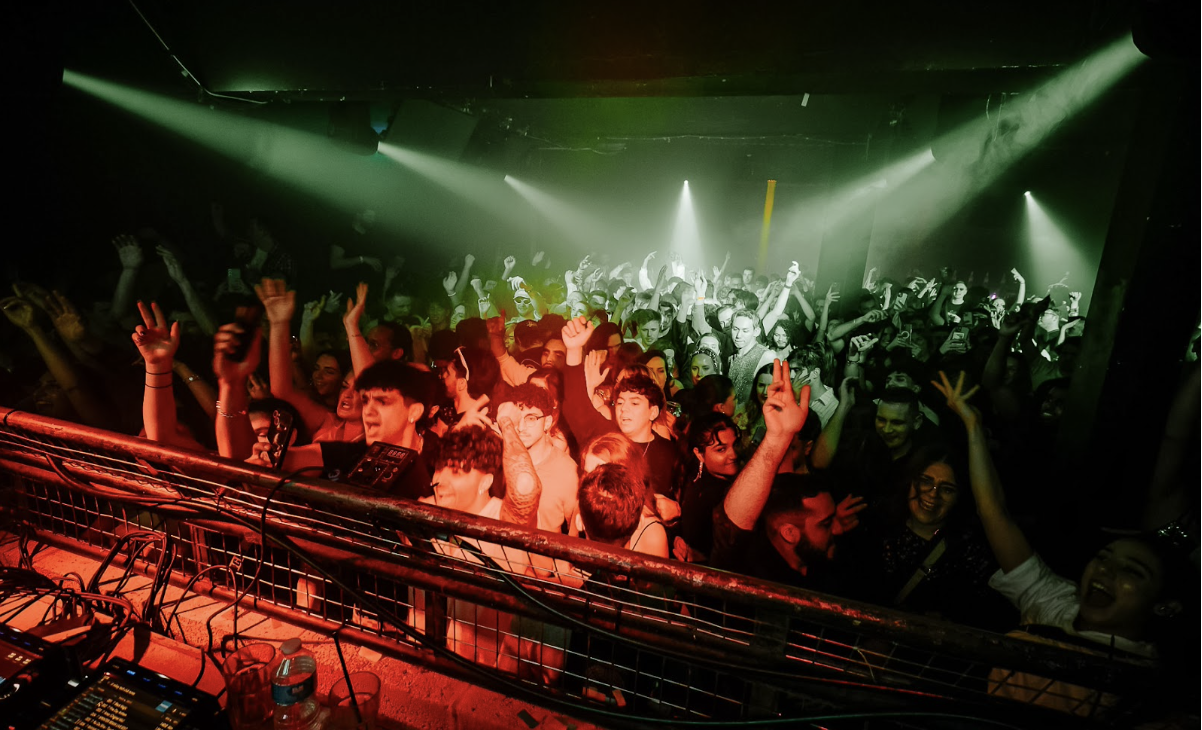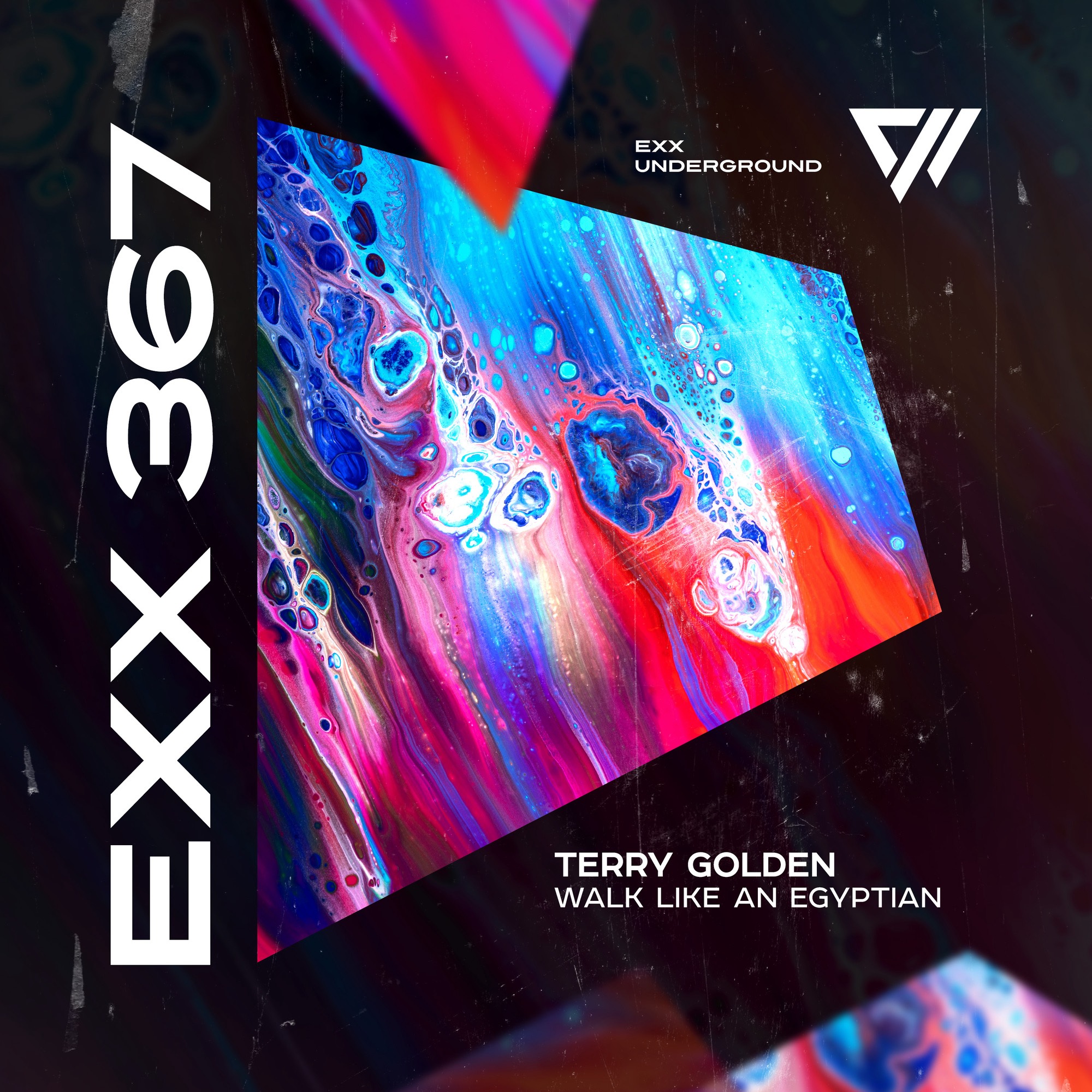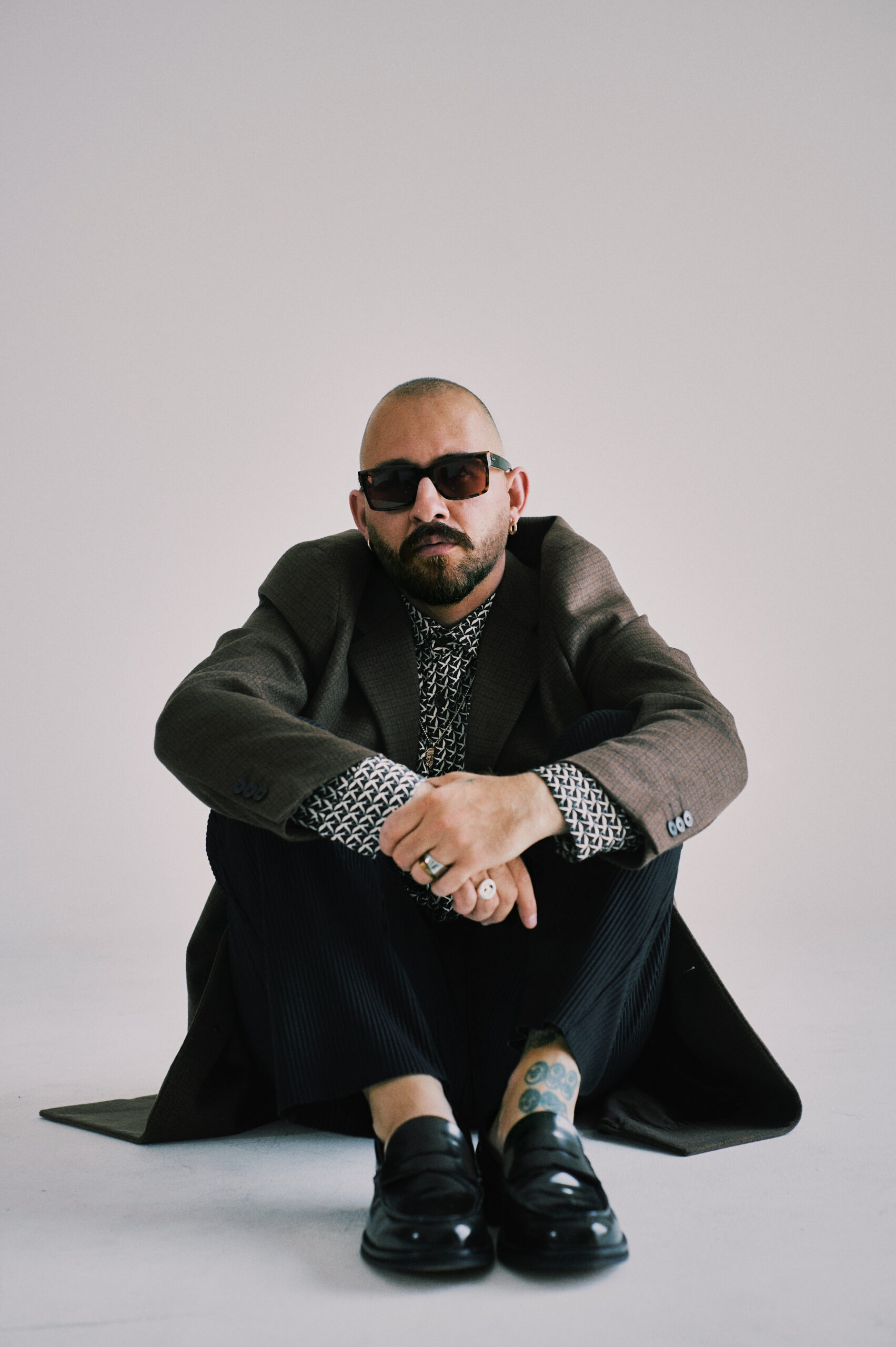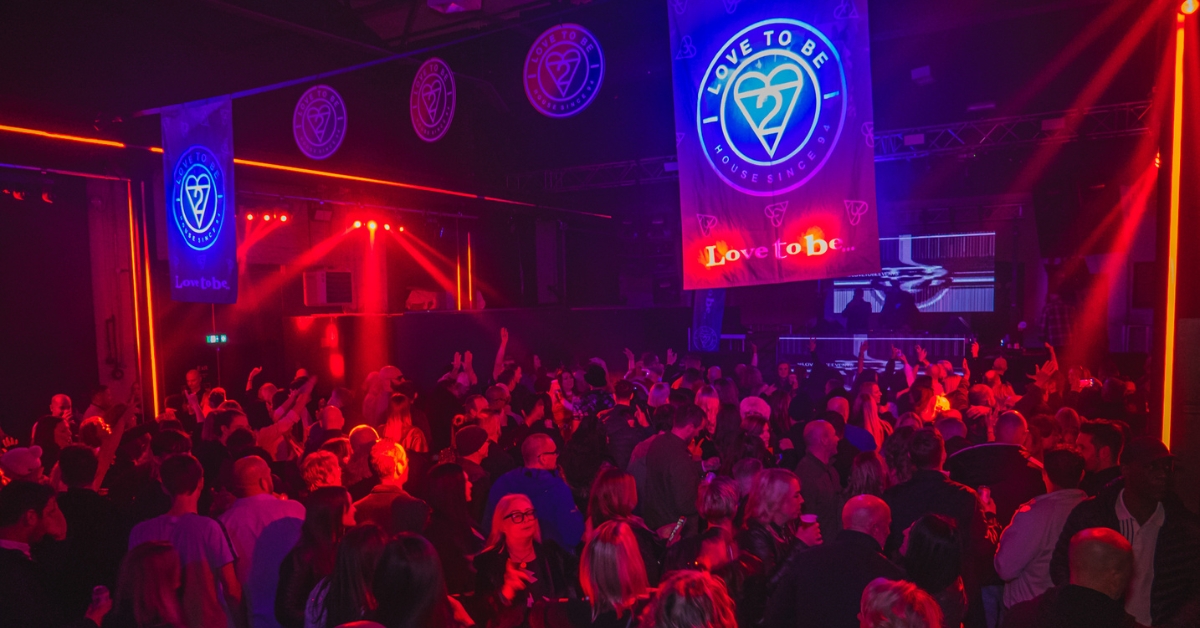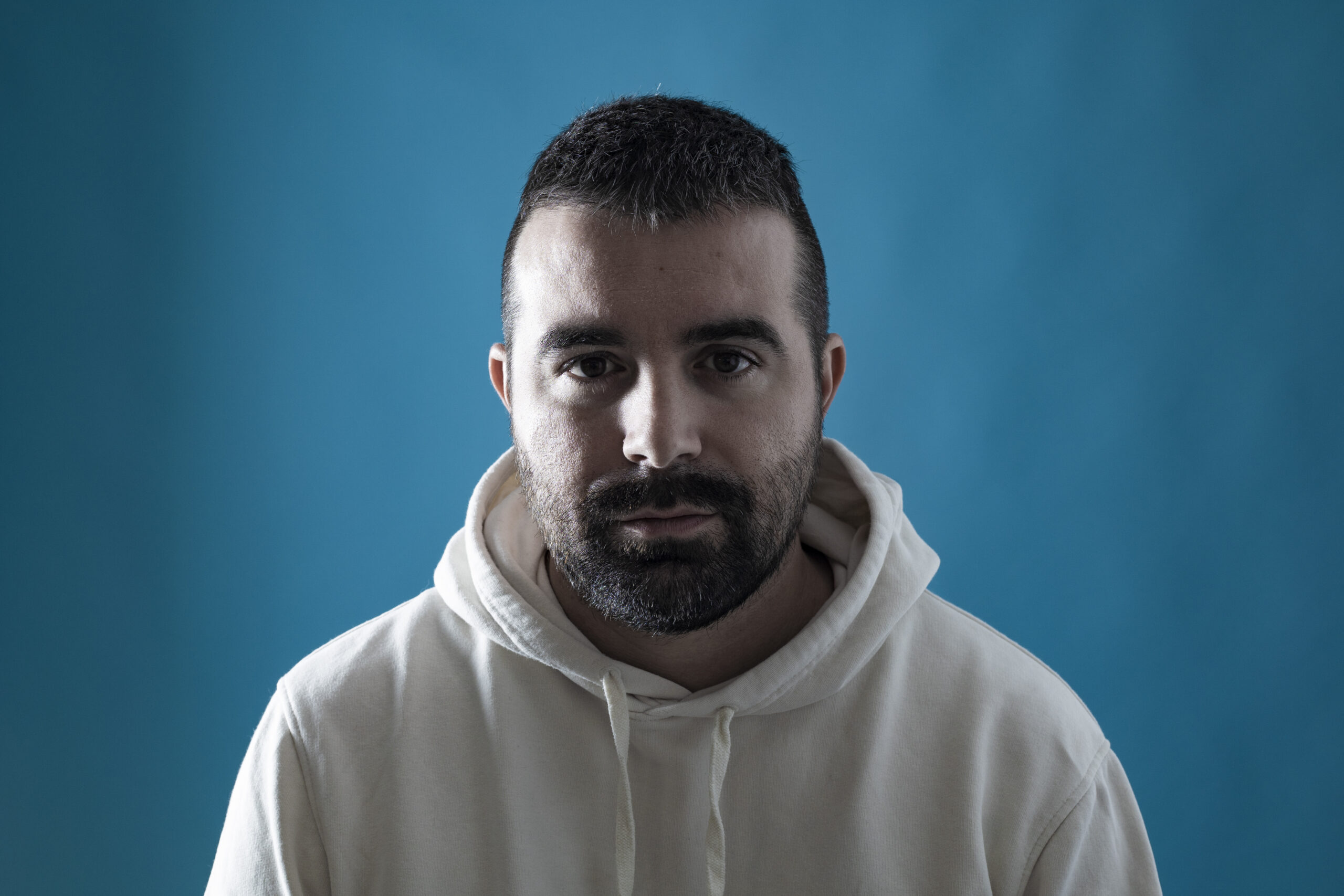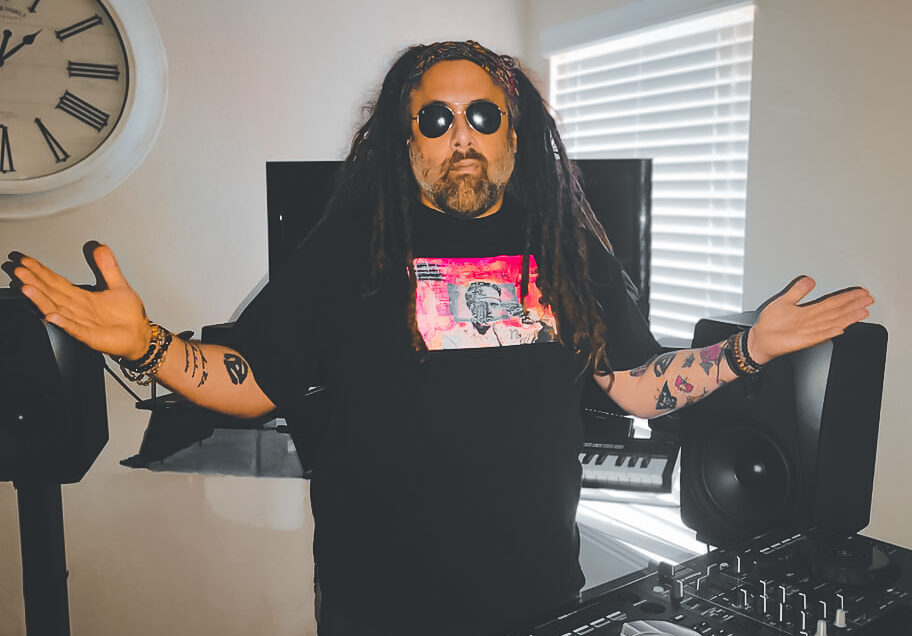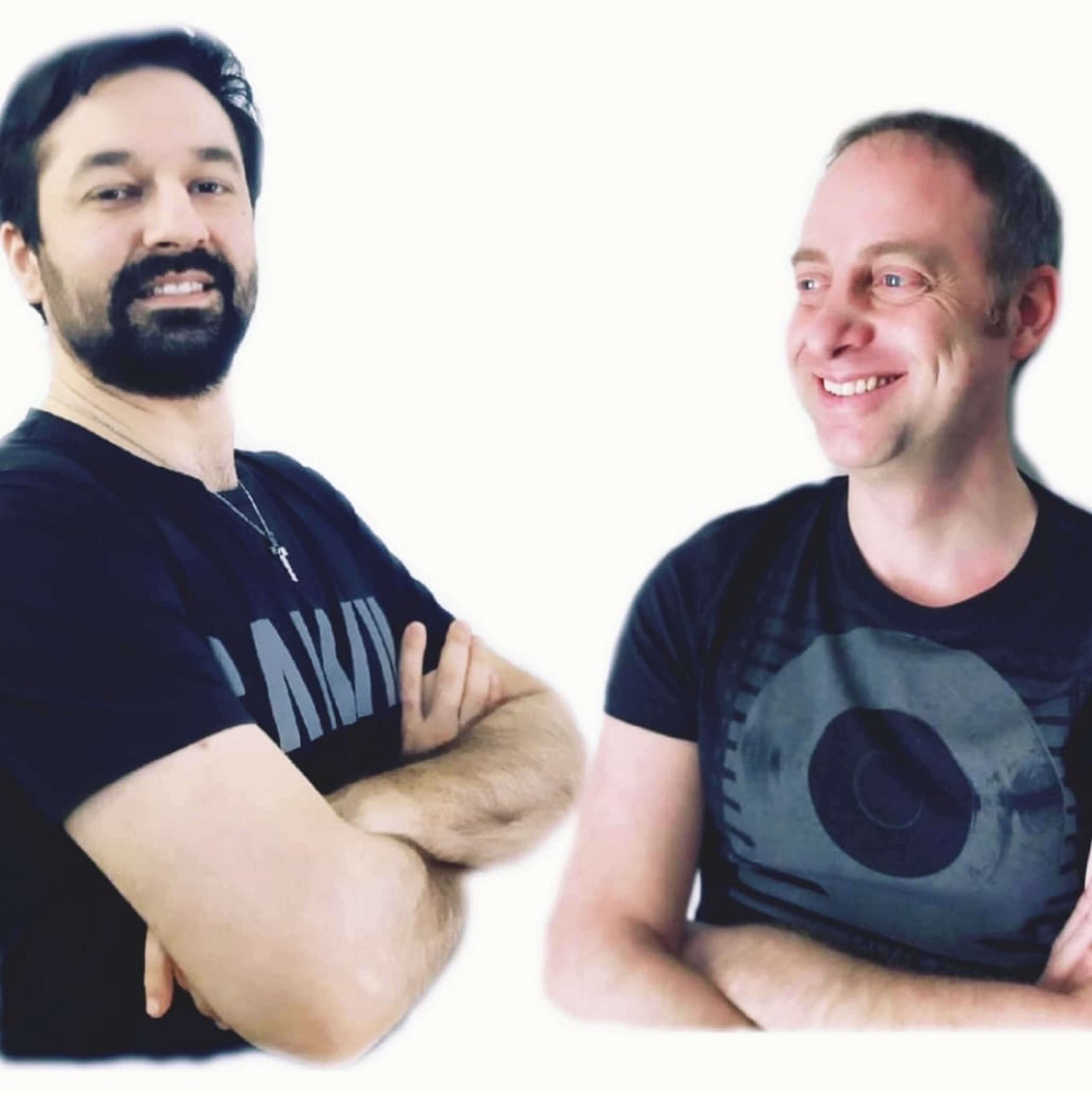“My goal remains to make people feel something” Rohm talks about his debut album
For years, French artist Rohm has been a quiet force in the underground, threading together crisp percussion, weightless melodies,
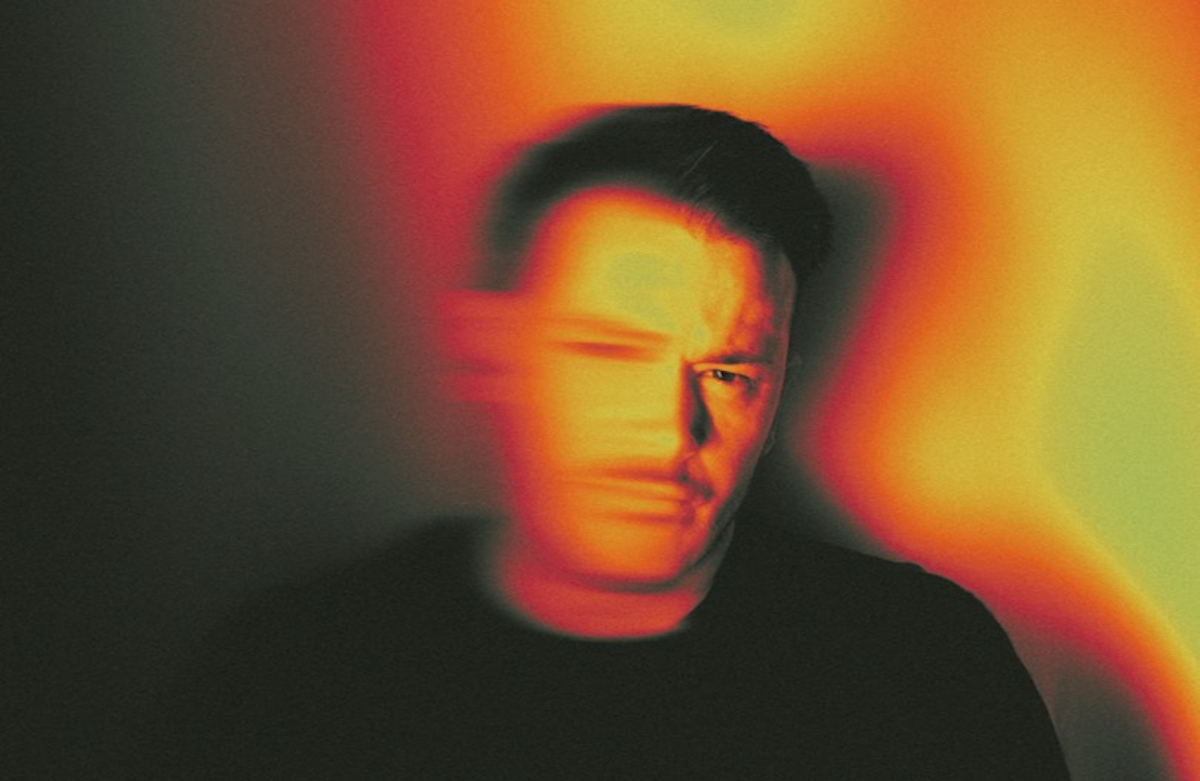
For years, French artist Rohm has been a quiet force in the underground, threading together crisp percussion, weightless melodies, and tightly wound grooves with an almost obsessive attention to detail. His work with Techno Dayz has given him a curatorial edge—he knows how dancefloors breathe, when to push, and when to pull back. But with Éclat de Fête, his debut album, he shifts focus inward, distilling that knowledge into 20 tracks that play like a set unfolding in slow motion.
The album is expansive but restrained, balancing tech-house propulsion with a melodic sensibility that leans toward the cinematic. There’s an unspoken narrative here: moody chords curling around crisp drum programming, basslines that seem to melt into the mix, the occasional flicker of a vocal, more texture than statement. The influence of contemporary melodic house is obvious—hints of Rüfüs Du Sol’s festival grandeur, the polished sheen of Afterlife’s roster—but Rohm avoids easy formulas, favoring subtle shifts over grand gestures.
In this conversation, he unpacks the making of Éclat de Fête, the balancing act between emotion and function, and why starting his own label felt like the inevitable next step.
You’ve been active since 2018, building a reputation through Techno Dayz. How has that long-term involvement in the scene shaped the way you approached creating your debut album?
My journey with Techno Dayz has really shaped my vision of music. Organizing events and playing in front of different crowds taught me what creates a deep connection between the artist and the dancefloor. With this album, I wanted to capture that energy while bringing in something more personal. I’ve also learned the importance of patience and consistency— good tracks aren’t made overnight, and a project like this takes time to find the perfect balance between emotion and power.
A 20-track album is no small feat. How did you decide what made the cut, and were there any tracks you loved but had to leave off?
Yes, the selection process was tough! I actually created way more tracks than what ended up on the album. I focused on keeping a strong narrative, making sure every track contributed to the overall story of Éclat de Fête. Some tracks that I really loved didn’t quite fit into that vision, but they might come out in another way later. Making those choices is frustrating, but it’s also what gives an album its strength.
You’ve gained support from some big names in the scene. What’s it like knowing your music is being played by artists like David Guetta and Meduza, and does that change how you think about your audience?
It’s an incredible honor, especially considering where I started. When I began making music, I was just creating in my bedroom with a dream in mind, so seeing my tracks played by artists of this caliber is surreal. But it doesn’t change how I produce. I always follow my instincts and create music that resonates with me first. The support from these artists is motivating, but my goal remains the same: to make people feel something, whether it’s in an intimate club setting or on a massive stage.
The album brings together tech house, melodic house, and progressive house sounds. Do you think of those styles as separate influences, or do they blur together when you’re writing?
For me, these styles are just different shades of the same emotion. I never think in terms of genres when I create. Sometimes, a track starts with a groovy tech house bassline and then evolves into something more melodic and atmospheric. The most important thing is the energy and feeling I want to convey. I see it as a journey where all these influences naturally merge together.
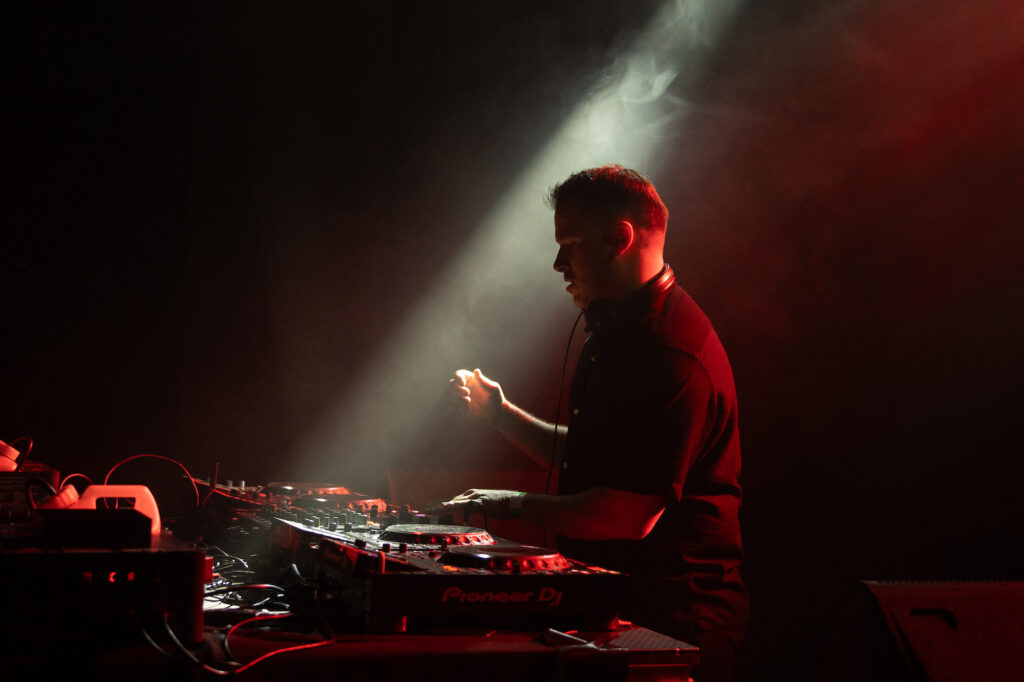
What role do remixes play in telling the story of Éclat de Fête? Did you give the collaborators specific direction, or did you want them to reinterpret your tracks freely?
Remixes extend the life of an album and offer a new perspective on the tracks. I gave complete creative freedom to the artists who remixed my music because I wanted to hear their vision without any limitations. It’s fascinating to see how someone else can take an idea, push it in a new direction, and sometimes reveal a side of the track that I hadn’t even imagined.
The phrase “emotional depth” often gets used to describe your music. How do you approach building those emotional layers while keeping the tracks club-ready?
It’s all about finding the right balance. I love working with melodies that tell a story, but I always make sure the track’s energy isn’t compromised. Often, contrast is the key—a break filled with emotion leading into a powerful, euphoric drop. I try to create this duality between melancholy and euphoria, like an emotional rollercoaster that people can feel on the dancefloor.
What’s the most unexpected feedback you’ve received on your music, and did it influence how you worked on the album?
One time, someone told me that one of my tracks reminded them of childhood memories, even though I had never consciously thought about nostalgia when making it. That made me realize that music connects with people in ways the artist might not even anticipate. It also encouraged me to embrace the personal side of my music even more, without worrying about fitting into expectations.
With Éclat de Fête coming out on your own label, what do you want listeners to take away from this release—not just about the album, but about who you are as an artist?
I want them to feel the intensity and sincerity of this project. Éclat de Fête is a tribute to everything that makes nightlife beautiful—the energy, the connection, the unforgettable moments we create together. But it’s also an invitation to an inner journey, to reconnect with that spark of wonder we had as kids. More than just an album, I hope it’s an experience that stays with people, something they want to revisit again and again.
Éclat de Fête is out now on RITMIN Records


